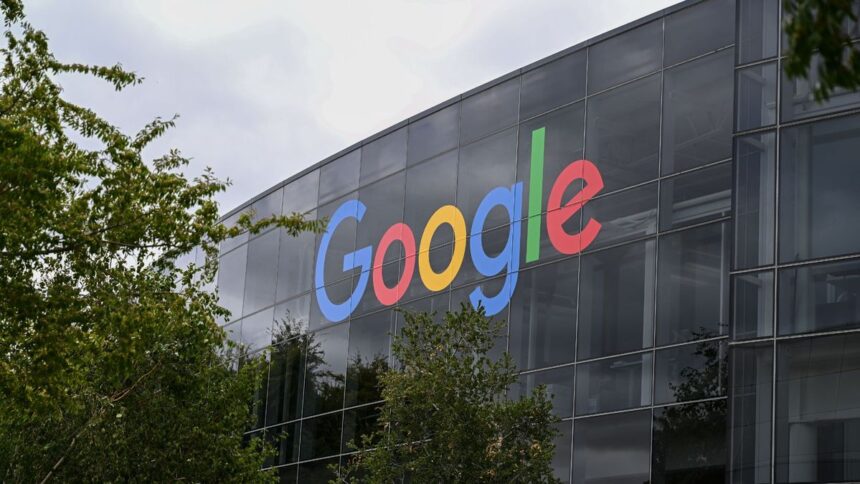The Division of Justice is reaffirming its calls for for motion to interrupt up Google’s search monopoly, calling for the sale of Chrome and probably Android as effectively.
In a court docket submitting printed on March 7, the DOJ doubled down on its assertion that Google’s dominance in search is the results of monopolistic practices which were leveraged to help different providers, reminiscent of Chrome and Android, in a means that makes truthful competitors practically not possible.
The Revised Proposed Remaining Judgement (RPFJ) lays out the stakes, stating, “The American folks’s reliance on Google’s search engine is well-known. Much less understood, nonetheless, is how Google—via its illegal and unchecked, monopolistic conduct over the previous decade—secured the American folks’s reliance. Google’s anticompetitive conduct has denied customers of a primary American worth—the power to decide on within the market.”
The treatment for this, in keeping with the plaintiffs, is to “require Google to divest Chrome—a crucial distribution level—to protect towards self-preferencing.”
Moreover, the court docket submitting requires a provision for Google to divest Android and contains measures to ban Google from making “exclusionary third-party agreements” during which Google pays companions to be the default search engine on their units or providers. Probably the most notable of those offers is Google’s partnership with Apple, which the RPFJ references quite a few occasions, calling such offers “illegal distribution agreements.”
All of that successfully means Google could also be compelled to dump Chrome, probably promote Android, and finish agreements with third-parties during which Google pays to be the default search engine. The court docket submitting even suggests the decide ought to “require Google to share information to offset the size drawback that its illegal conduct has created.”
In actual fact, the one factor the DOJ appears to have taken a step again on is AI. The brand new proposal backed down on limitations to Google’s AI investments, a slight shift in Google’s favor for the reason that preliminary proposed cures.
District Decide Amit Mehta had already dominated again in August 2024 that Google had a monopoly in search, however how Google is ordered to resolve that continues to be up for debate—or, on this case, litigation.
Be mindful—that is an ongoing case and the March 7 court docket submitting is only a proposal from the DOJ, not a last ruling. Breaking apart monopolies is actually a great factor for shoppers, however as PC Gamer’s James Bentley has identified, “Promoting off [Chrome] might certainly go away shoppers open to dangerous practices, each technically and ethically, from the potential purchaser.”
So, it is going to be vital for the court docket to take steps to make sure that if Google is compelled to promote Chrome, it leads to the fingers of a accountable firm or group. In any case, that is the most well-liked net browser on the planet we’re speaking about.
Google has repeatedly pleaded for the DOJ to again off, calling the DOJ’s proposals a “radical interventionist agenda”, however it would not appear to be that is going to occur now, particularly with hearings set to kick off in April.
The decide can have the ultimate say in whether or not Google has to promote Chrome and probably even Android, however that is shaping as much as be a landmark antitrust case the likes of which we have not seen for the reason that litigation towards Microsoft in 1998.








